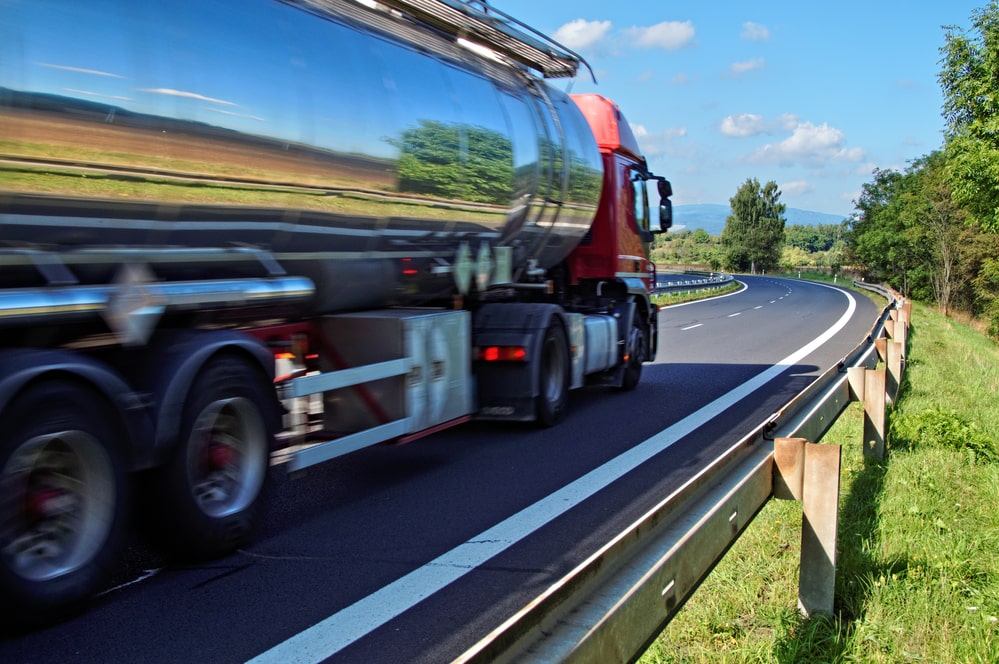Truck Accident Cases
In truck accident cases, determining fault is crucial for establishing liability and determining the party or parties responsible for compensating the victims for their injuries and losses. Truck accidents often involve multiple factors and parties, including truck drivers, trucking companies, vehicle manufacturers, and other motorists, making fault assessment a complex process.
1. Driver Negligence:
Driver negligence is a common cause of truck accidents and may involve actions such as speeding, reckless driving, distracted driving, driving under the influence of alcohol or drugs, fatigue, or failure to obey traffic laws. If the truck driver’s actions or inactions contributed to the accident, they may be held liable for the damages resulting from the collision.
2. Violation Of Regulations:
Truck drivers and trucking companies are subject to federal and state regulations governing the operation and maintenance of commercial vehicles. Violations of these regulations, such as hours-of-service violations, improper cargo loading, inadequate vehicle maintenance, or failure to properly secure cargo, can increase the risk of accidents and may indicate negligence on the part of the driver or trucking company.
3. Trucking Company Liability:
Trucking companies may be held liable for truck accidents if they were negligent in hiring, training, supervising, or retaining their drivers, or if they failed to ensure compliance with safety regulations. If the trucking company’s policies or practices contributed to the accident, they may share liability for the damages resulting from the collision.
4. Vehicle Defects:
Defective truck components or vehicle design flaws can contribute to truck accidents. Common examples include brake failures, tire blowouts, steering malfunctions, or faulty safety systems. If a vehicle defect contributed to the accident, the manufacturer, distributor, or retailer of the defective product may be held liable for the damages caused by the defect.
5. Poor Road Conditions:
Poor road conditions, such as potholes, uneven pavement, inadequate signage, or construction zones, can increase the risk of accidents involving commercial vehicles. If a truck accident was caused by hazardous road conditions, the entity responsible for road maintenance, such as the government agency or construction company, may be held liable for the damages resulting from the accident.
6. Third-Party Negligence:
In some cases, the negligence of third parties, such as other motorists, pedestrians, or cyclists, may contribute to truck accidents. For example, if a car driver cuts off a truck, causing the truck driver to swerve and collide with another vehicle, the car driver may share liability for the accident. Identifying all potentially liable parties is essential for ensuring that victims receive full and fair compensation for their injuries and losses.
7. Comparative Fault:
In states that follow comparative fault principles, liability for an accident may be divided among multiple parties based on their degree of fault. Even if the accident victim is partially responsible for the collision, they may still be entitled to recover damages, although the amount of compensation may be reduced proportionally to their percentage of fault.
Legal Help
Determining fault in a truck accident case requires a thorough investigation and analysis of the factors contributing to the collision. Driver negligence, violation of regulations, trucking company liability, vehicle defects, poor road conditions, third-party negligence, comparative fault principles, and professional analysis are all important considerations in assessing liability for a truck accident. Seeking legal representation from an experienced truck accident lawyer from a firm like MartinWren, P.C. is essential for protecting the rights of accident victims, gathering evidence, and pursuing fair compensation for their injuries and losses.

